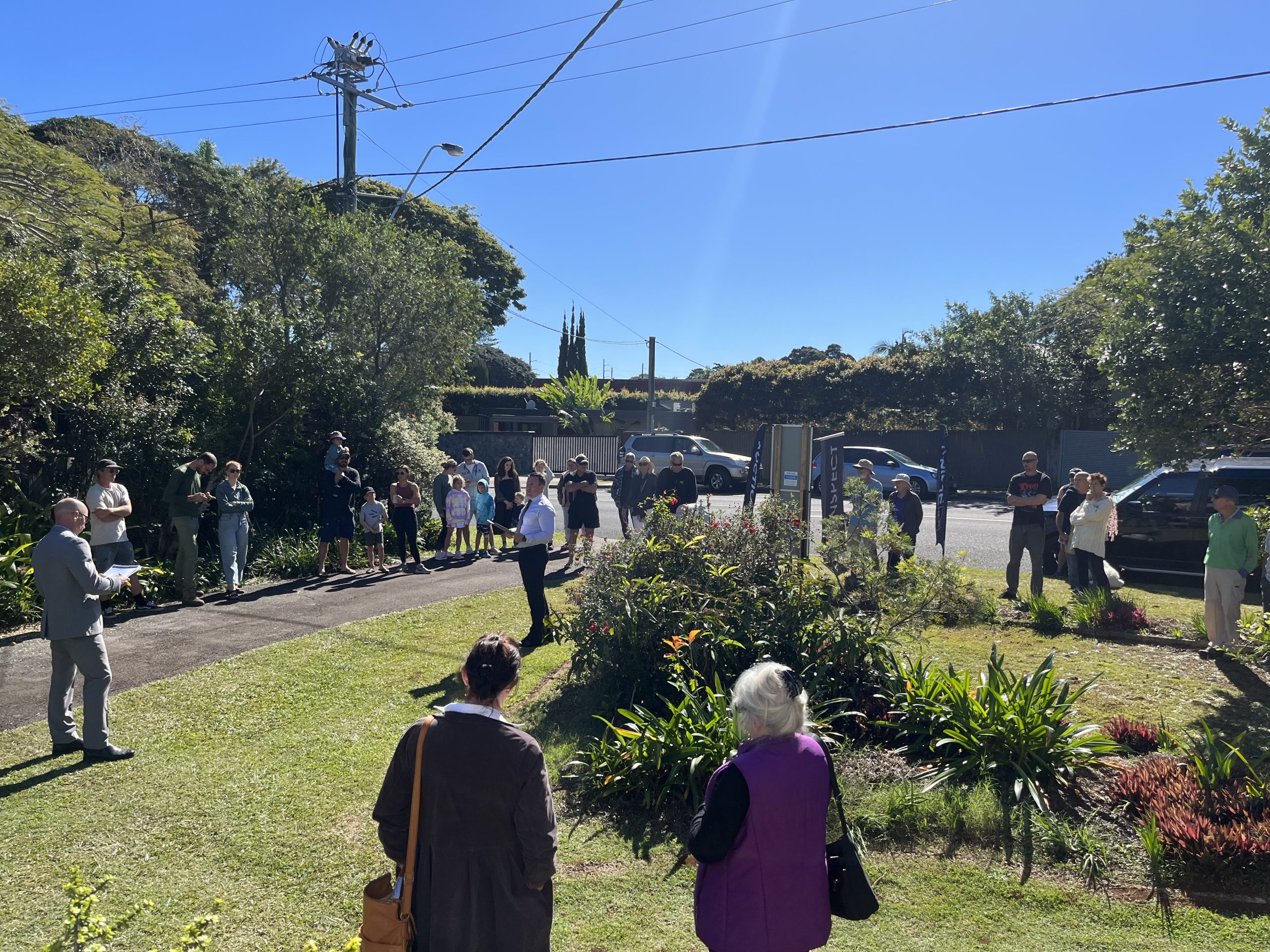An auction operates by imposing a set time limit on a sales campaign, resulting in a highly focused method of sale and generating a sense of urgency within the market.
Potential buyers are drawn in based on the merits of the property itself, rather than fixating on the price. This approach fosters competition, with the goal of attaining the highest possible price without the constraints of a predetermined price tag.
The auction process involves an assertive and targeted marketing effort leading up to a specified auction date, signifying the seller’s commitment to the property’s sale. Selling through an auction offers several advantages:
- Eliminates price as the primary consideration, making it challenging for buyers to gauge the property’s value.
- Encourages prompt action from buyers, as they are confronted with a deadline.
- During the auction, the bidding ascends, unlike private treaty negotiations where prices are typically negotiated downward. With no predefined price limit, bidding can potentially exceed the reserve price.
- Gathers all potential buyers in one location at the same time, fostering a competitive atmosphere.
- Competition often drives bidders to offer more than their initial budget in their quest to “win” the property when multiple bidders are involved.
- The terms of an auction contract generally favor the seller, as the sale becomes immediately “unconditional” without waiting for buyer financing or building inspection conditions.
- The seller is protected by a “reserve price,” which the auctioneer cannot breach while selling the property.
Despite appearing rigid, an auction provides flexibility and places much of the control in the seller’s hands. To evade the competition, a buyer may choose to submit an offer before the auction date. A skilled real estate agent can either negotiate a sale at a price exceeding expectations and aligning with the seller’s terms or persuade the buyer to participate in the auction.
What to Anticipate on Auction Day
Before the auction day, extensive discussions with your agent will occur, covering topics such as setting the reserve price (determined in part by feedback received during open inspections), the potential use of an opening bid by the auctioneer, and the consideration of Vendor bids.
Prior to the auction’s commencement, the agent will conduct one final open house inspection. In preparation for the auction, bidders will need to register, and pertinent legal documents will be made available for their review.
When the bidding begins, the auctioneer will accept bids and may make Vendor bids if instructed to do so. Once the reserve price is met, the property becomes “on the market,” and it will be sold to the highest bidder. If the reserve price is not reached, the auctioneer and your agent will discuss the next steps, potentially including selling at a lower price.
Upon the property being sold at auction, the sale is immediately considered unconditional.

